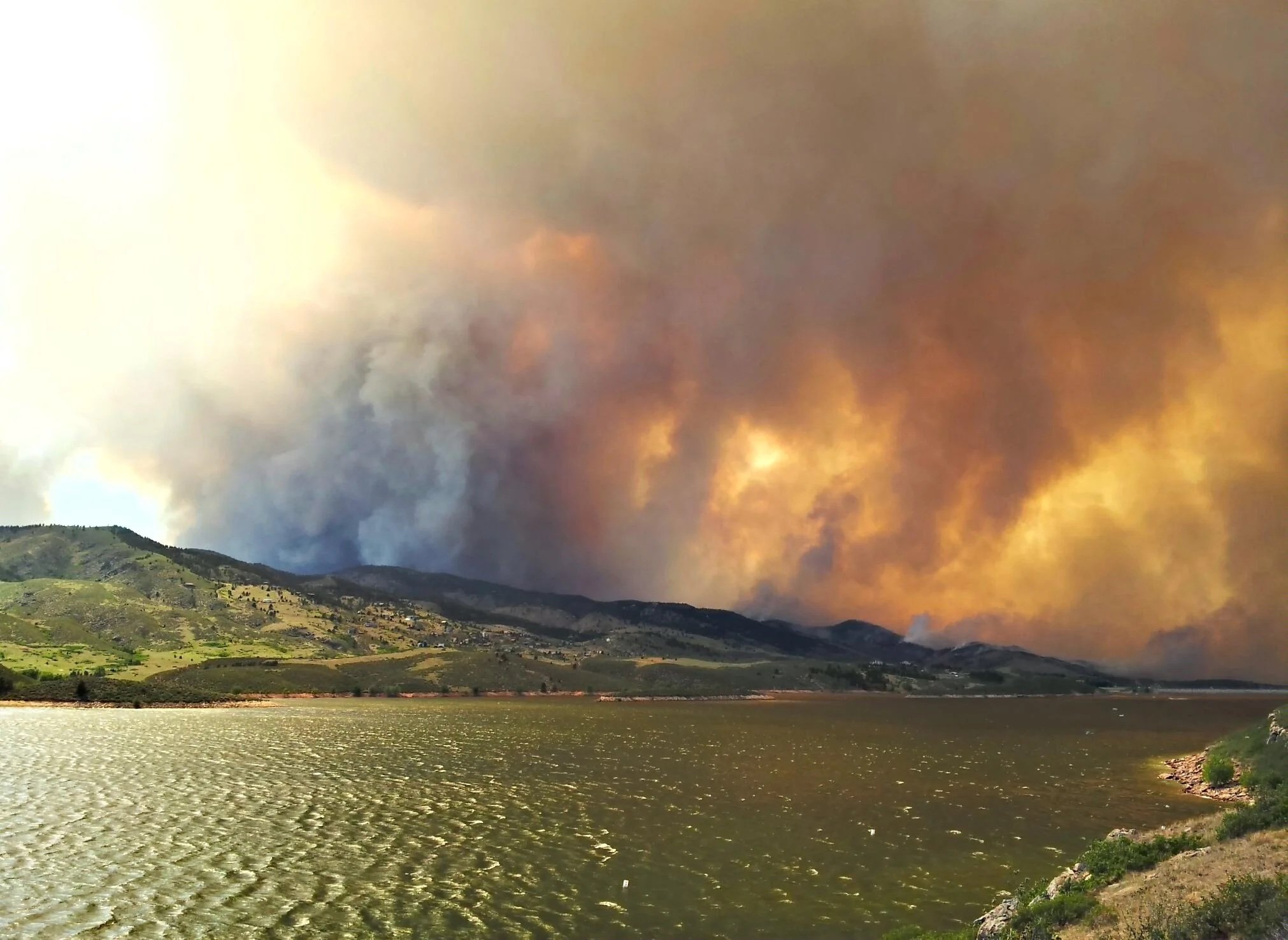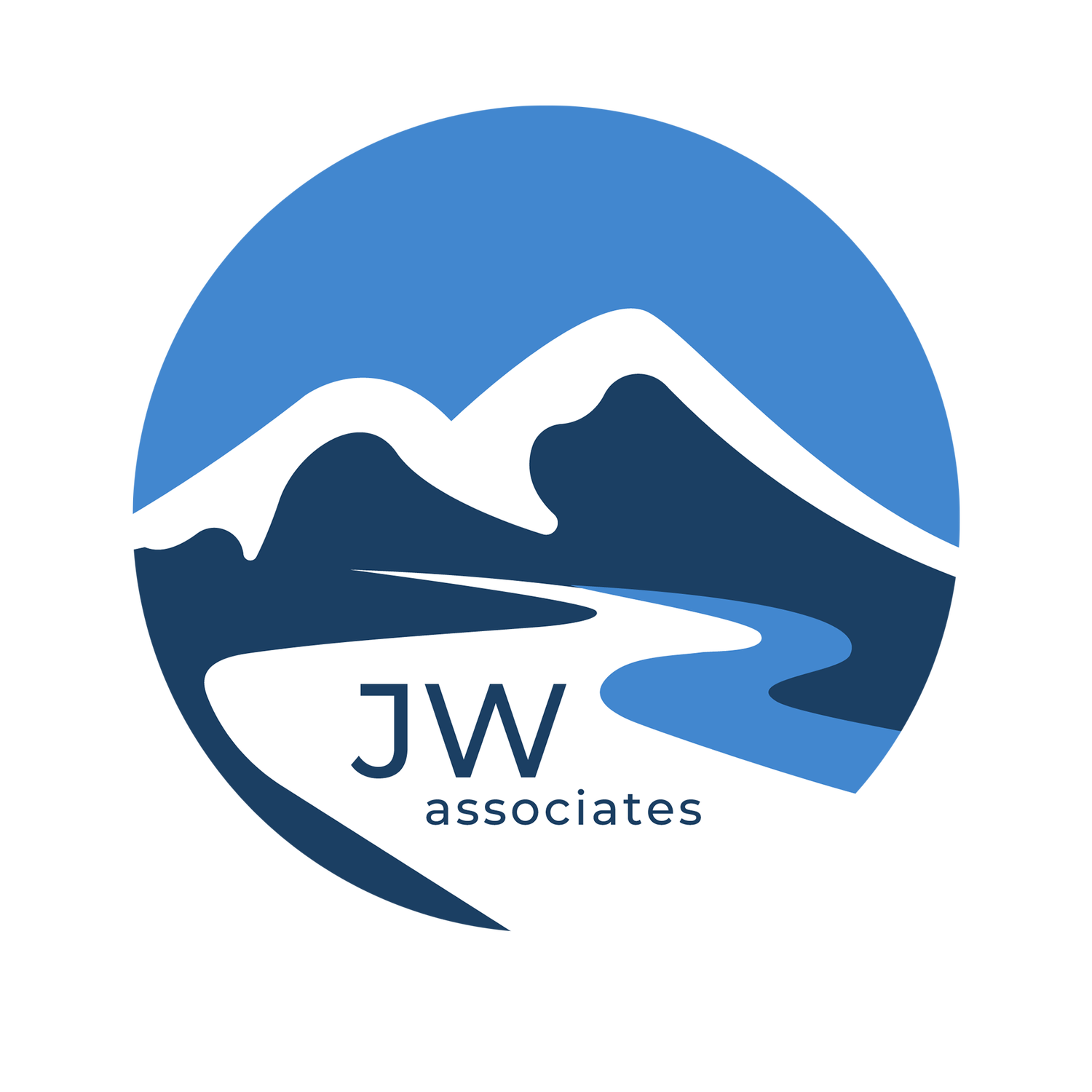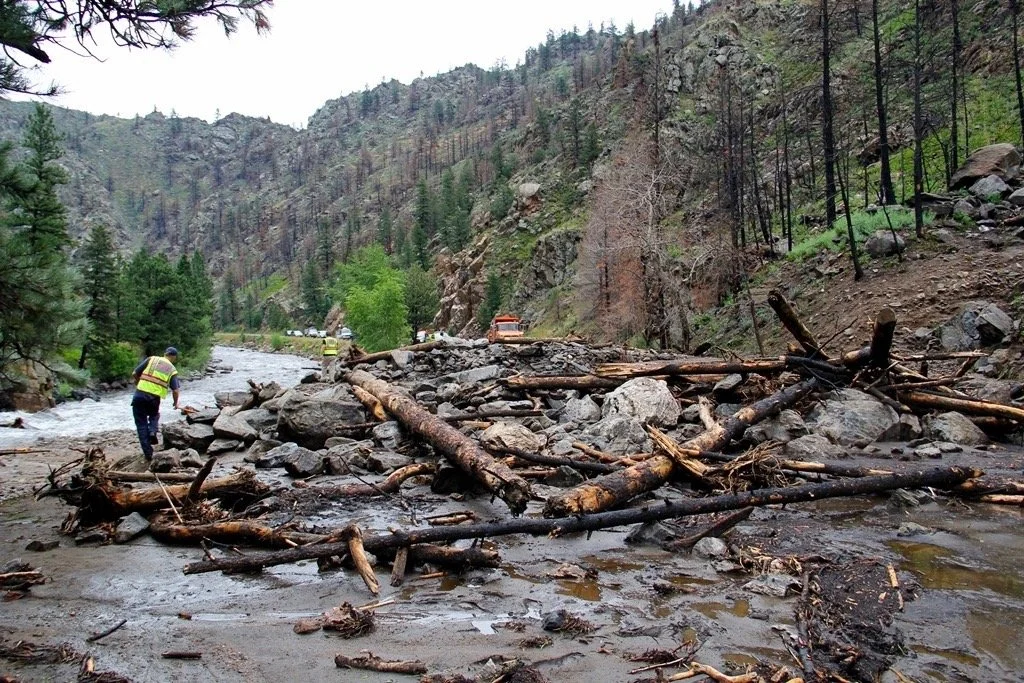
High Park Fire Watershed Protection & Restoration
Project Summary
Date of work: 2012 - 2015
Partners
City of Greeley
City of Fort Collins
Larimer County
US Forest Service
Natural Resource Conservation Service (NRCS)
High Park Fire Restoration Coalition
JW Associates worked with a coalition of water providers, and local, state and federal agencies on targeting watershed protection and restoration projects in the High Park Fire burned area.
The High Park Fire burned a large area west of Fort Collins, Colorado that is a major water supply source area for the Cities of Greeley and Fort Collins. It burned 87,200 acres on multiple land jurisdictions and at the time, it was the largest and most destructive fire in the history of Larimer County before 2020. JW Associates lead the implementation of over 7,000 acres of mulching and designed and managed compliance for federal agencies that were funding the projects.
This post-fire analysis was completed on the scale of 7th level watersheds. Some of the high and highest ranked watersheds for post-fire hazards were identified to be in Hill Gulch, Skin Gulch, and Pendergrass Creek. Completing this analysis on the 7th level watersheds post-fire allowed partners to key in on the most hazardous and important locations for post-fire treatments. This also offered a window into the overall accuracy of the 2011 JW Associates Cache la Poudre Wildfire/Watershed Assessment. The verdict was, spot on!
After the Project:
Following the flooding of September 2013, many of the directional tree-felling areas were examined by the NRCS to determine how well they functioned. The conclusion was that they functioned well, even with up to 12 inches of rain in 3 days.
Project Actions
Create a watershed hazard assessment
Prioritize treatment areas for post-fire mitigation projects
Map areas to be treated
Create and implement a new watershed protection plan, including methodology
Assessing and managing post-fire mulching operations, including:
Pre-mulch field verifications of future treatment areas
Post-mulch field inspections of treated areas
Review of the efficacy of aerial mulching as a post-fire mitigation treatment
Manage compliance monitoring and reporting of mitigation treatments
Benefits
Protect critical water supplies and natural resources in the Cache la Poudre River Watershed
Prevent large-scale post-fire erosion through aerial mulching efforts
Implement post-fire mitigation treatments to protect stream health on the 7th level watershed scale
Targeted Mitigation Actions Used
GIS-sources data analysis to identify priority areas for treatment
Aerial wood mulch
Field verification and inspection of zones of concern using JW-designed methodology to inspect post-fire conditions regarding:
Soil character
Rock content
Vegetation cover
Slope steepness
Directional tree felling in gullies – completed on over 9 miles of gullies to stabilize streams and prevent in-stream erosion
Post-fire mitigation efforts aim to reduce erosion and slow peakflows that can otherwise lead to significant debris flows (pictured, debris flow following the High Park Fire).

